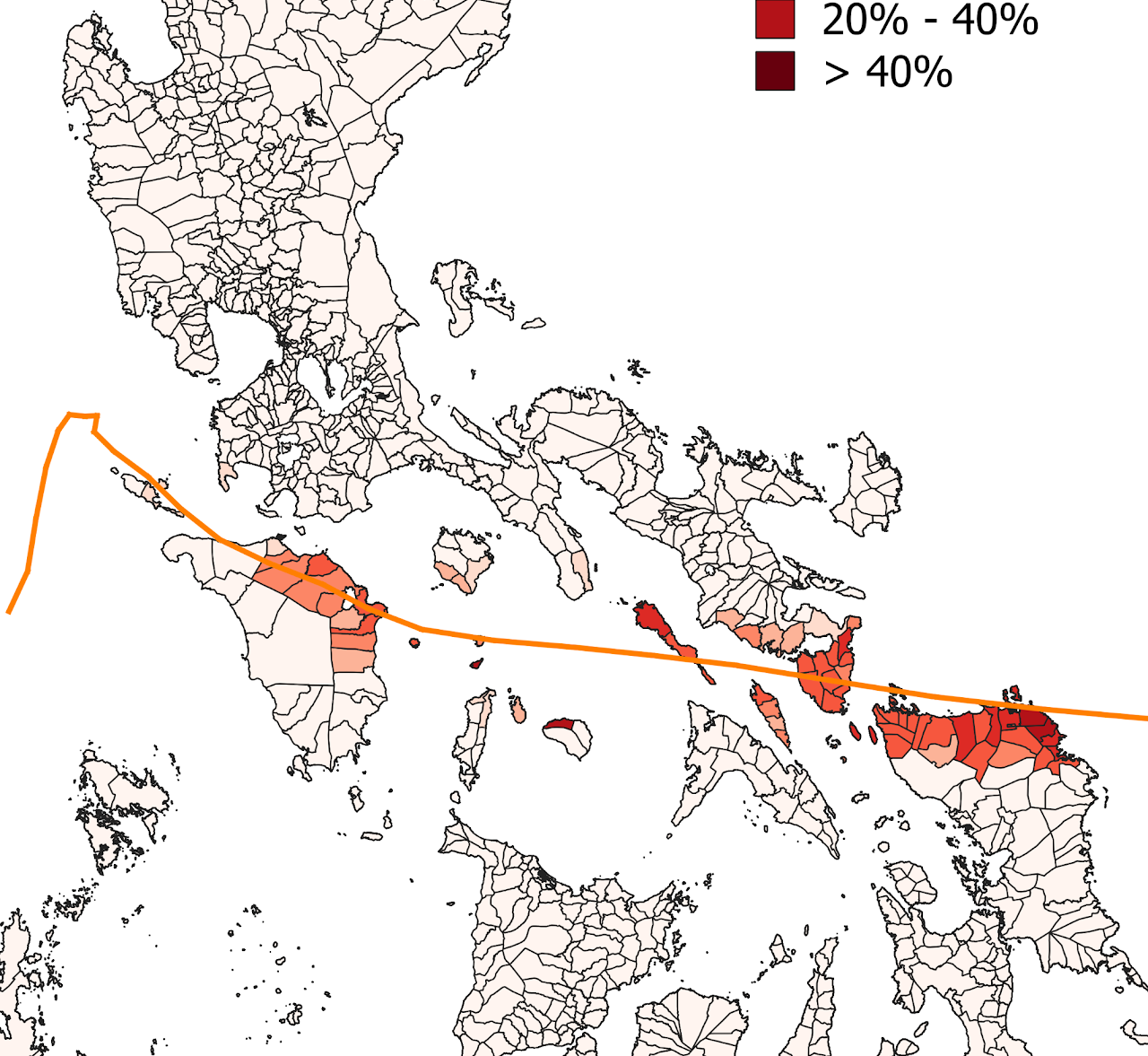Political context of the European vaccine debate on Twitter
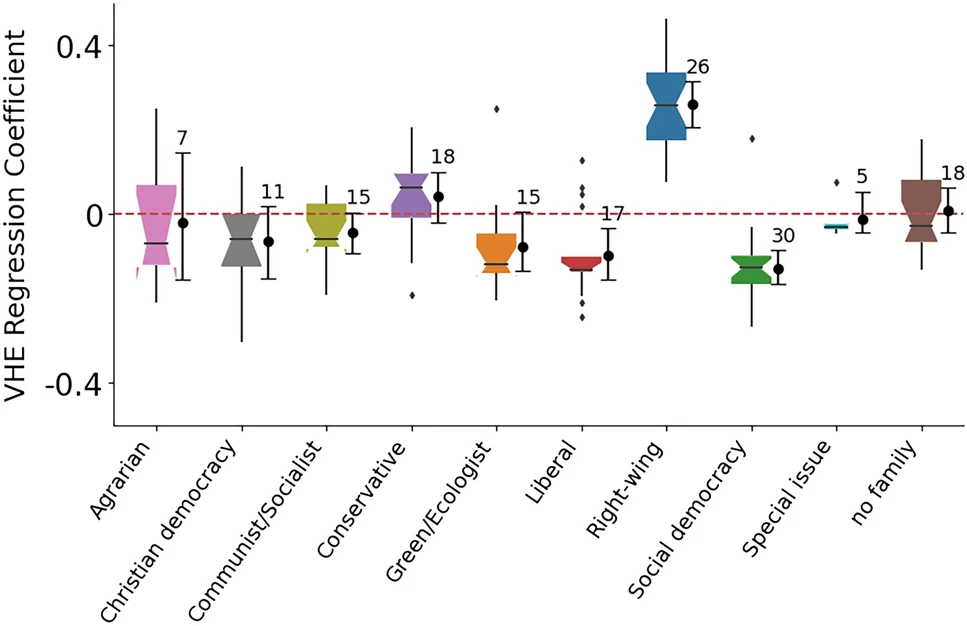
In collaboration with Giordano Paoletti, Lorenzo Dall’Amico,
Yelena Mejova, Daniela Paolotti, Michele Tizzani from ISI Foundation and Michele Starnini, Jacopo Lenti from CENTAI
At the beginning of the COVID-19 pandemic, fears grew that making vaccination a political (instead of public health) issue may impact the efficacy of this life-saving intervention, spurring the spread of vaccine-hesitant content. In this study, we examine whether there is a relationship between the political interest of social media users and their exposure to vaccine-hesitant content on Twitter. We focus on 17 European countries using a multilingual, longitudinal dataset of tweets spanning the period before COVID, up to the vaccine roll-out.
We find that, in most countries, users’ endorsement of vaccine-hesitant content is the highest in the early months of the pandemic, around the time of greatest scientific uncertainty. Further, users who follow politicians from right-wing parties, and those associated with authoritarian or anti-EU stances are more likely to endorse vaccine-hesitant content, whereas those following left-wing politicians, more pro-EU or liberal parties, are less likely. Somewhat surprisingly, politicians did not play an outsized role in the vaccine debates of their countries, receiving a similar number of retweets as other similarly popular users. This systematic, multi-country, longitudinal investigation of the connection of politics with vaccine hesitancy has important implications for public health policy and communication.
Read the full article at SciReports
Selected Works

Moral Expression in Different Domains#MoralValues
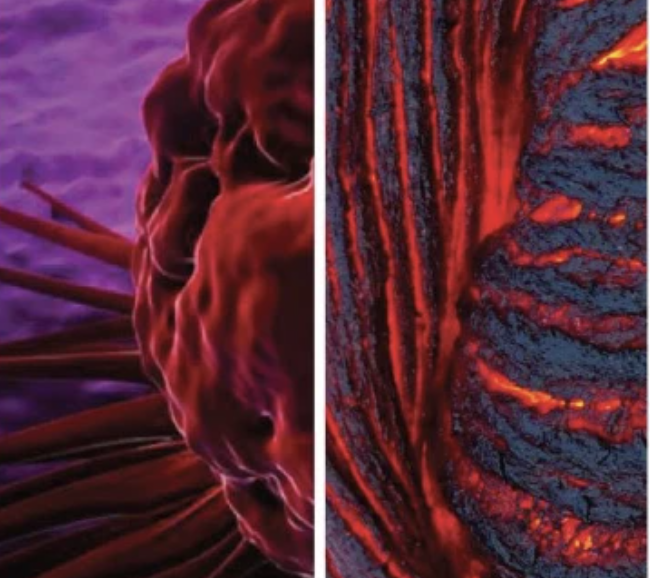
Political Influence on Vaccination#VaccineHesitancy

Geolocating Humanitarian Documents#HumanitarianAI
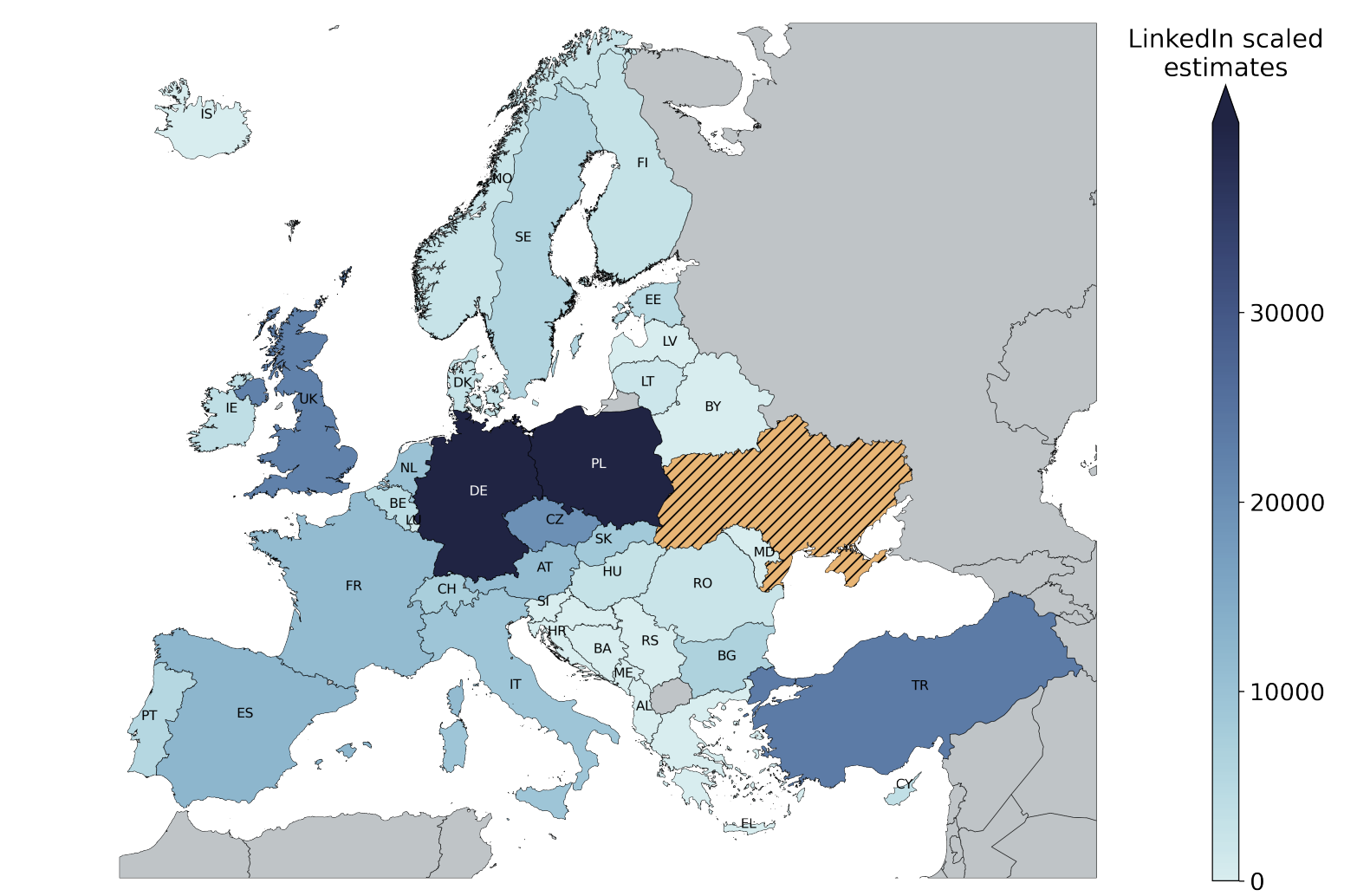
Monitoring Ukrainian Immigration via LinkedIn Estimates#SocialInequalities

Soundscapes of Morality#MoralValues
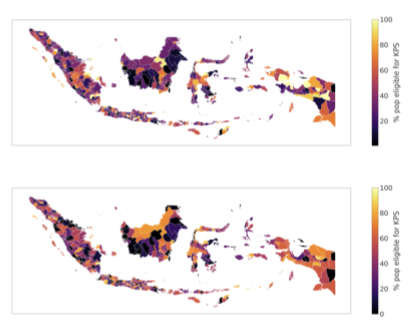
Poverty Index in Indonesia#HumanitarianAI
